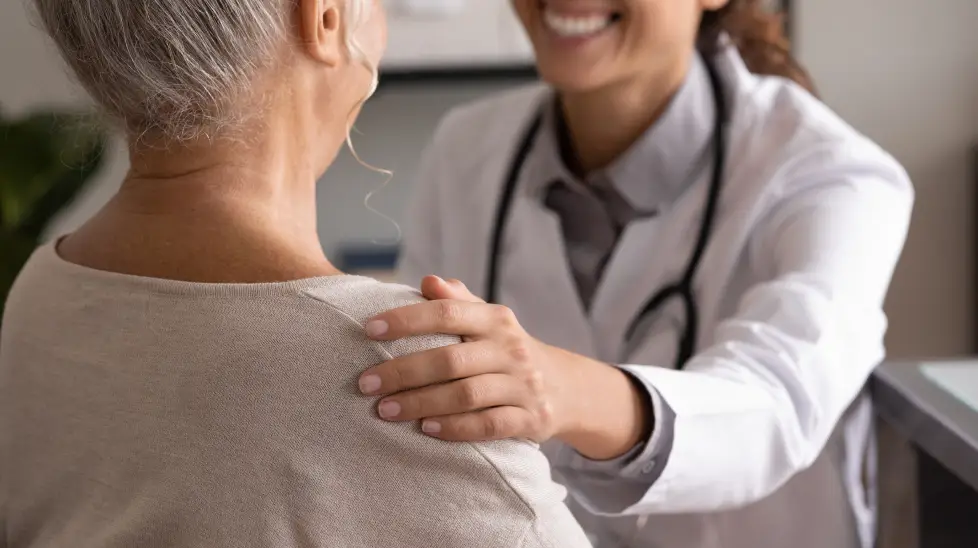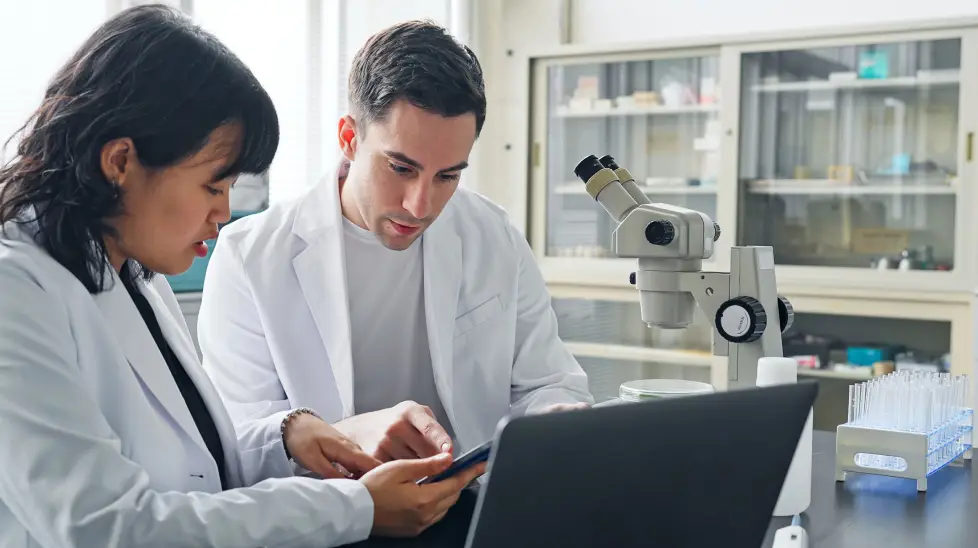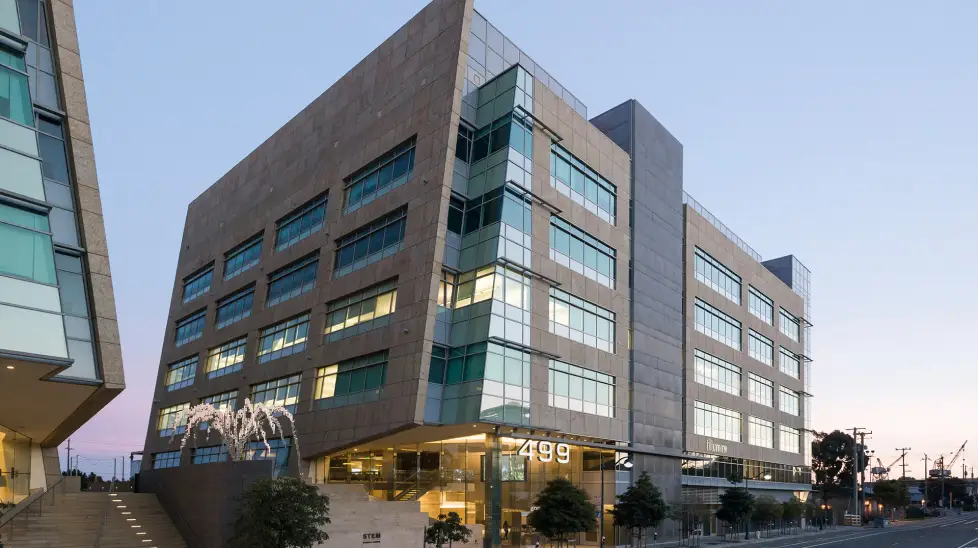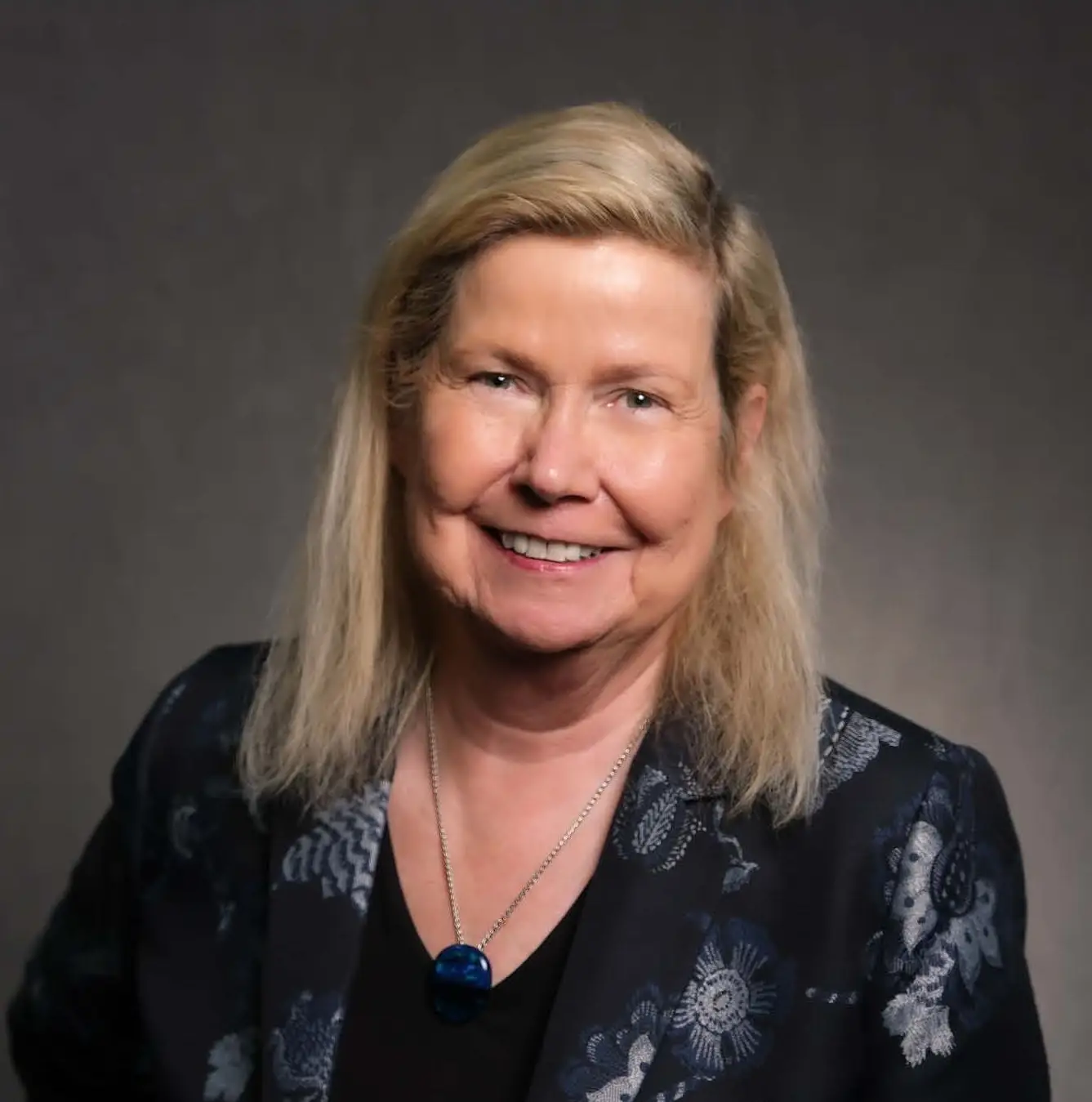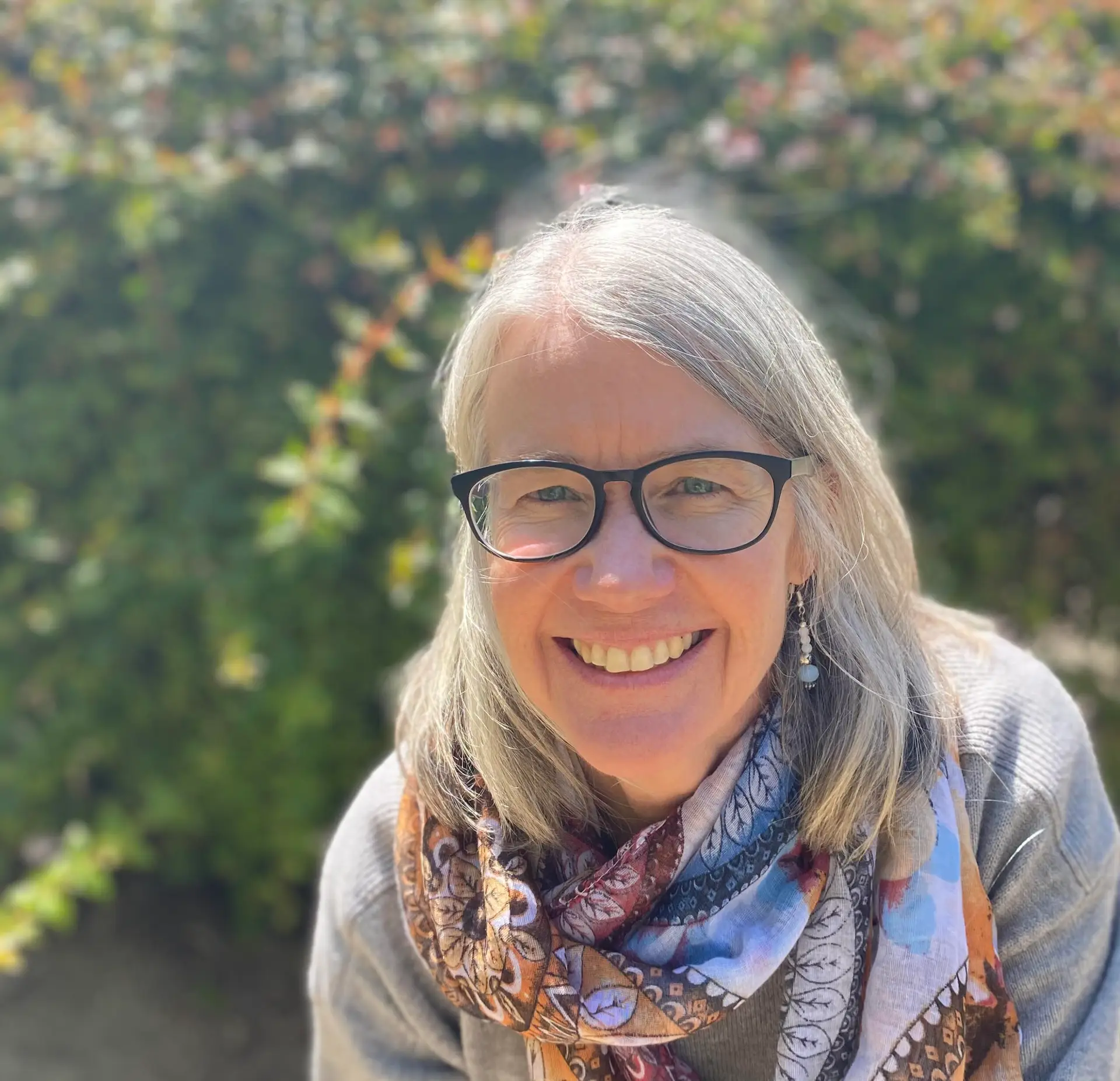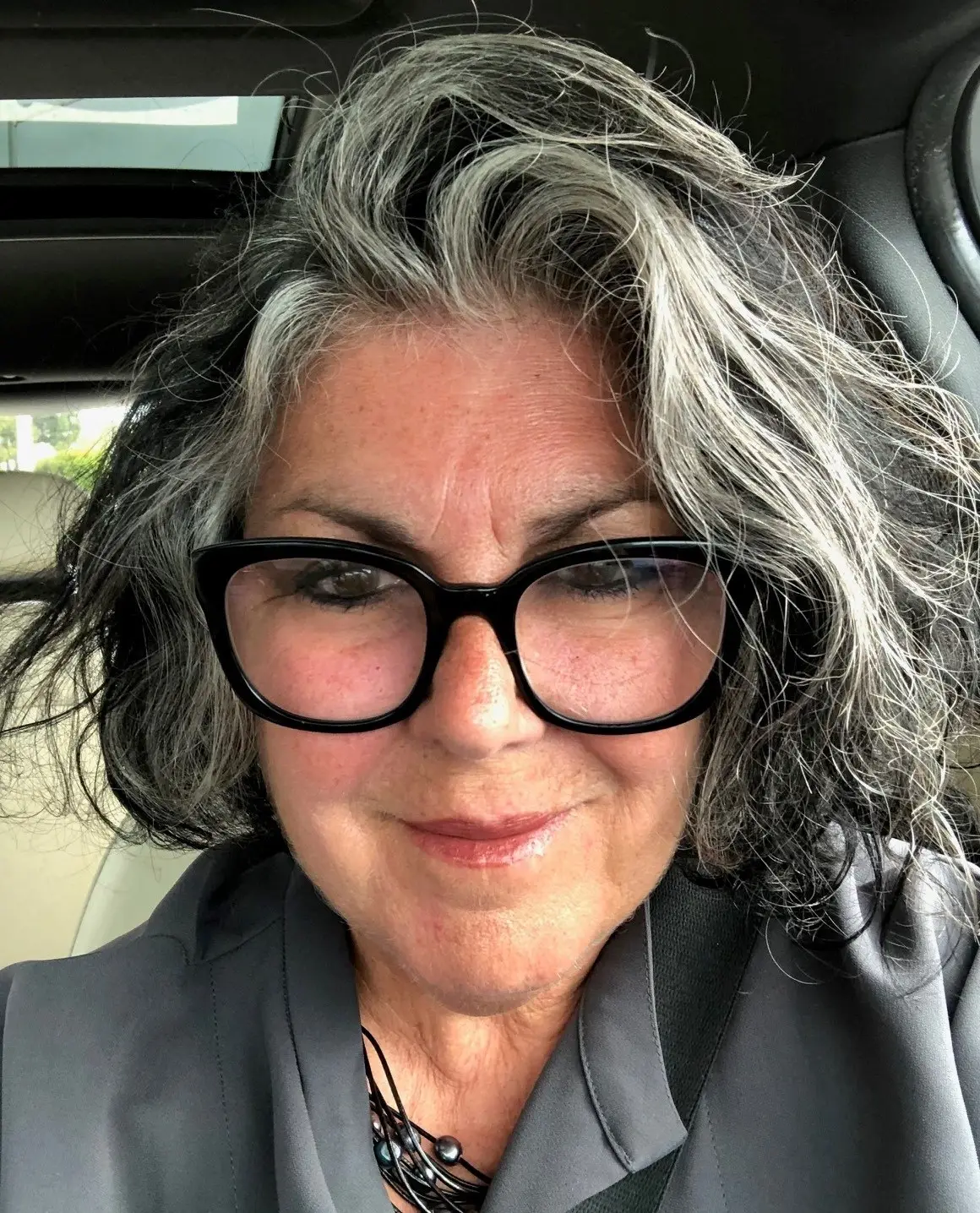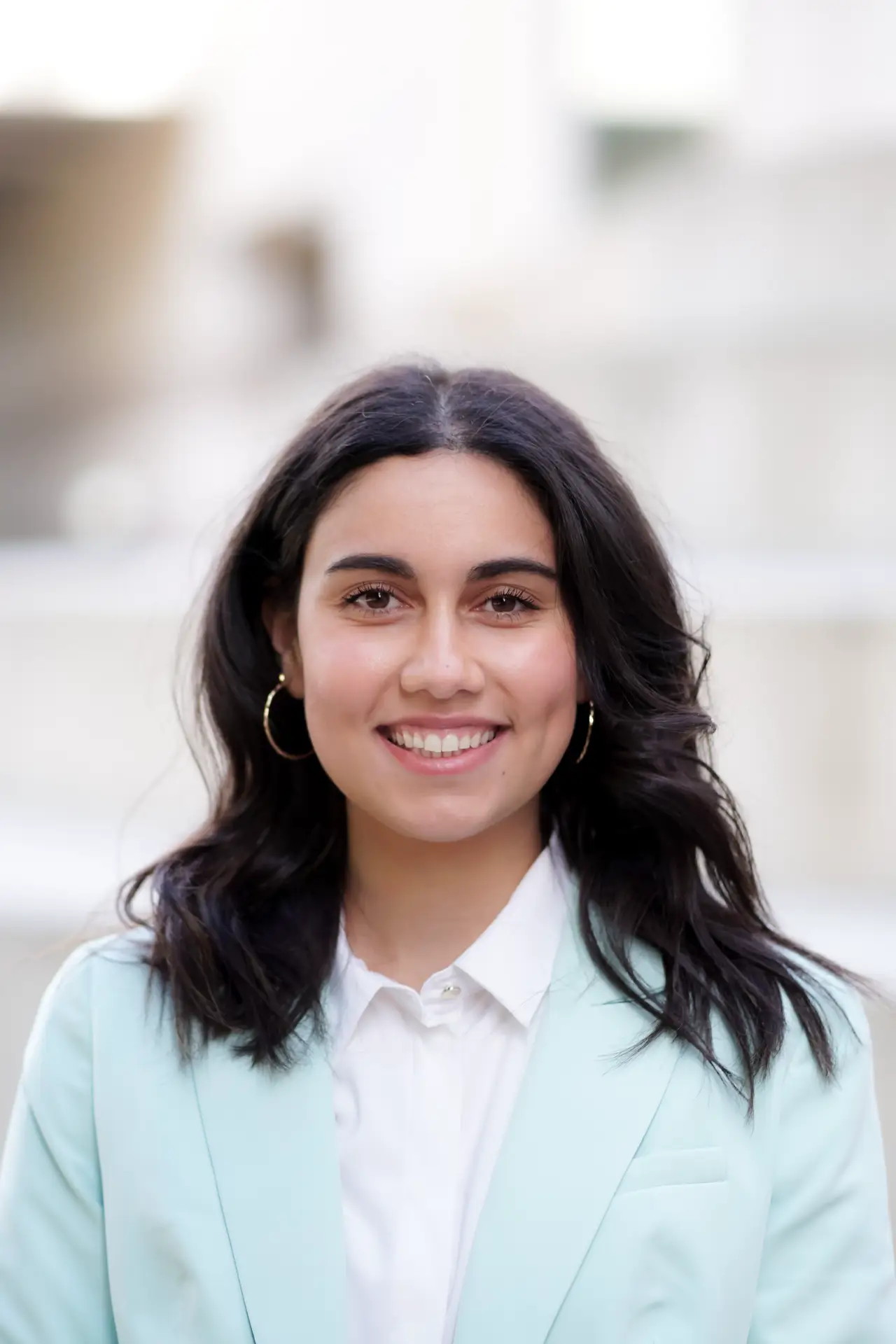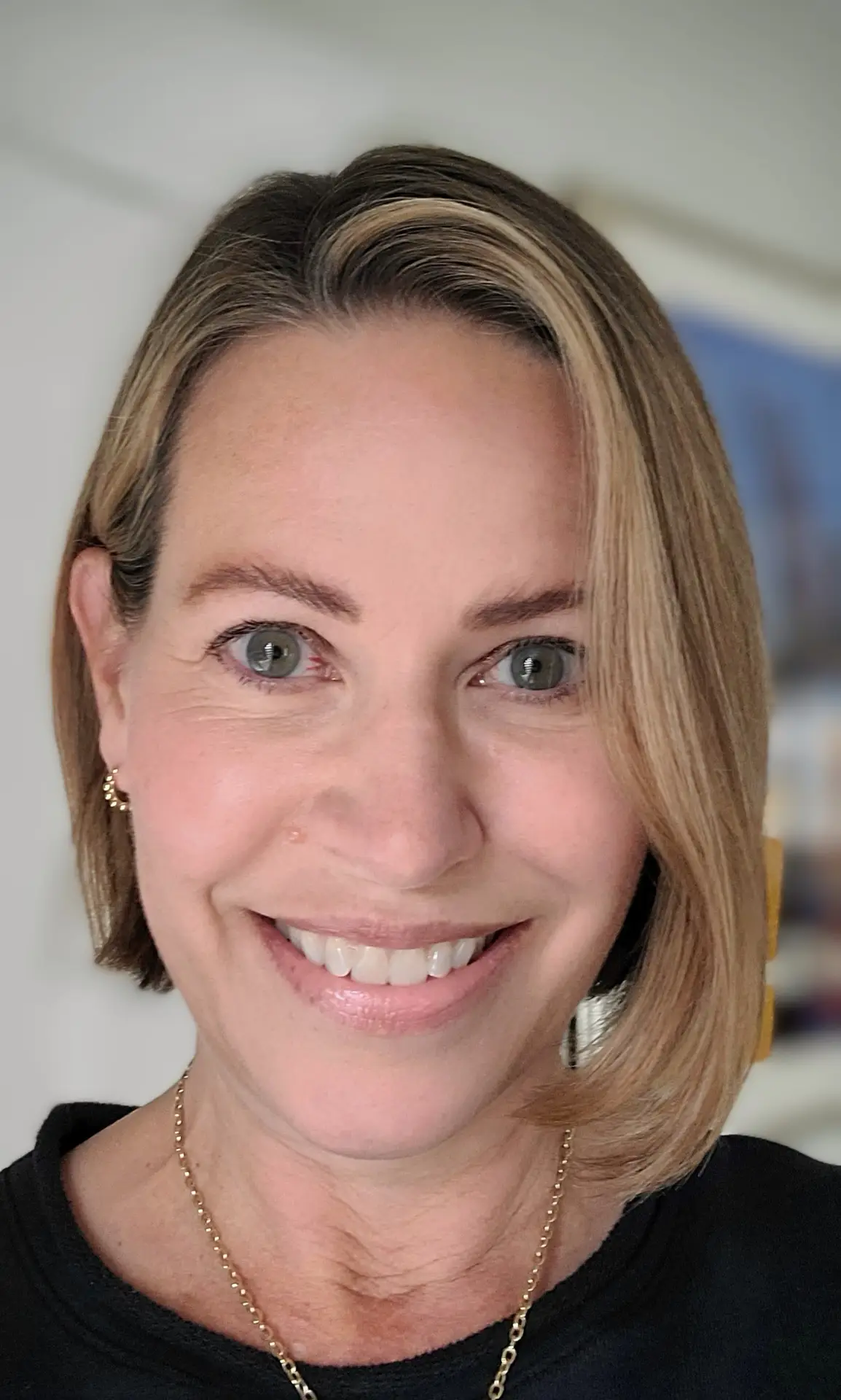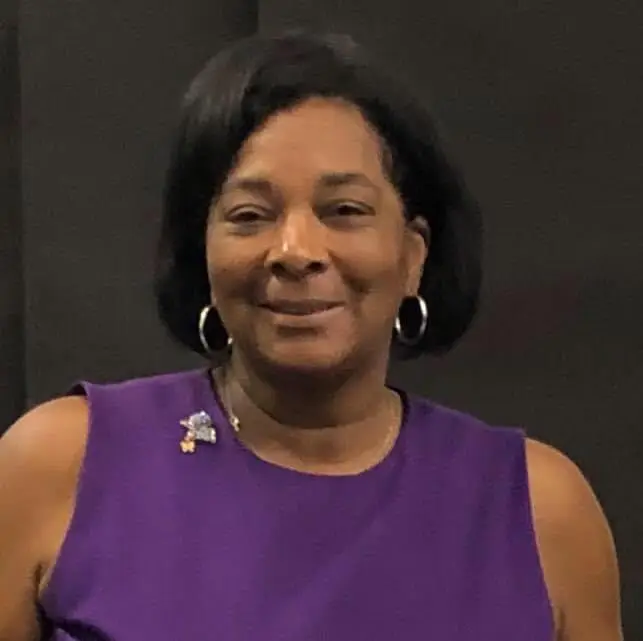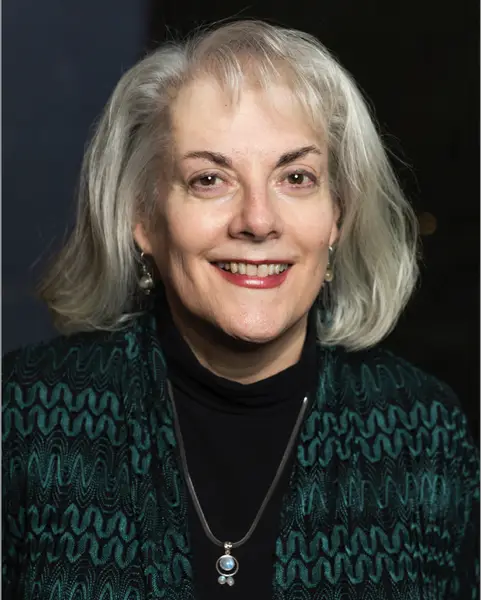SAN FRANCISCO, Jan. 4, 2023 /PRNewswire/ — Quantum Leap Healthcare Collaborative (QLHC), sponsor of the I-SPY COVID Trial, announced that the cyproheptadine arm of the study has been terminated.
Cyproheptadine is most commonly used to alleviate allergies, headaches, and motion sickness, which was thought to improve hypoxia and clinical outcomes in patients with COVID-19.
Critically ill COVID-19 patients suffer a gamut of hyperactive immune responses which cause pulmonary edema and at times acute respiratory failure in patients. Evidence indicates that platelet activation plays a role in the pathology of COVID-19. Serotonin is a mediator/byproduct of platelet activation and therefore potentially can aid in immune modulation in COVID-19 treatment. Cyproheptadine, an antiserotonergic agent with an extensive safety profile was suggested as a promising agent for reducing platelet and endothelial dysfunction in the lungs.
The I-SPY COVID Trial was designed to rapidly screen agents that show promise for two primary endpoints in hospitalized critically ill COVID-19 patients: reducing the time to recovery (defined as reduction in oxygen demand) or risk of mortality. The study utilizes QLHC’s adaptive platform trial design methodology, which focuses on the simultaneous, efficient assessment of multiple investigational agents.
During the trial, 8 mg of cyproheptadine was administered to subjects every 8 hours for 10 days. If the patient was less than 48 kg, the dosage was reduced to 6 mg every 8 hours for 10 days. All patients in the study received backbone therapy (standard care) of dexamethasone and remdesivir, while subjects assigned to cyproheptadine received the agent in addition to standard of care.
During the trial 35 subjects were randomized to the cyproheptadine arm and analyzed in the intent-to-treat population compared to 61 subjects who were concurrently randomized to the control arm. The probability that cyproheptadine could increase recovery rate was estimated to be 0.1%, with a cause specific median posterior hazard ratio for recovery of 0.47 (95% credible interval 0.27 to 0.82). The probability that the cyproheptadine arm is superior to the concurrent arm to reduce mortality was estimated to be 14.4%, with a median posterior hazard ratio for overall mortality of 1.52 (95% credible interval 0.67, 3.43).
A higher portion of subjects in the cyproheptadine arm had serious adverse events, adverse events of special interest, and adverse events, which resulted in discontinuation of the agent at the recommendation of the Data Monitoring Committee and concurrence by the trial leadership. As a precaution for safety concerns, enrollment into the arm was closed before meeting the pre-specified minimum sample size of 40 evaluable patients for futility determination.
Sara Auld, MD, MSc, Dr. John Kazianis MD, and Fady Youssef MD, led the study of this agent in the I-SPY COVID Trial. As noted by Dr. Auld, “While we were hopeful that cyproheptadine would specifically target biological pathways that are overactive in patients with severe COVID-19, it did not ultimately improve patient outcomes in this trial. We will continue to evaluate whether there may have been subgroups of patients who did have benefit and remain committed to identifying effective treatments for people with COVID-19.”
Dr. Youssef added, “As we continue evaluating different subgroups for potential benefit, it is worthwhile to remember that a negative result does inform treatment algorithms in an equally meaningful way as a positive one. The results will contribute to furthering the body of literature surrounding cyproheptadine use in hospitalized and critically ill patients.”
“One of our future goals is to improve biomarker classification of COVID-19 severe illness. This effort, led by Dr. Sara Auld, Dr. John Kazianis, and the I-SPY COVID Trial Biomarker Working Group, is a critical part of the I-SPY COVID trial which will hopefully help us to find effective agents for this incredibly challenging and devastating disease,” said Dr. Laura Esserman, co-principal investigator of the I-SPY Trials.
Investigation into additional agents via the I-SPY COVID Trial is ongoing and remains an urgent priority for QLHC and its partners. The I-SPY COVID Trial now includes 35 sites as well as leaders in pulmonary and critical care centers from around the country.
The I-SPY COVID Trial is a collaboration between members of QLHC and pharmaceutical partners and the United States government (USG). This work is supported in part, by the Biomedical Advanced Research and Development Authority (BARDA), part of the HHS within the office of the Assistant Secretary for Preparedness and Response, and Joint Program Executive Office, a part of the Department of Defense, are also part of this collaboration under the Medical, Chemical, Biological, Radiological and Nuclear (CBRN) Defense Consortium (MCDC).
The effort was sponsored by the U.S. government under Other Transaction number W15QKN-16-9-1002 between the MCDC, and the government. The views and conclusions contained herein are those of the authors and should not be interpreted as necessarily representing the official policies or endorsements, either expressed or implied, of the U.S. government.
About Quantum Leap Healthcare Collaborative
Quantum Leap Healthcare Collaborative is a 501C(3) charitable organization established in 2005 as a collaboration between medical researchers at University of California, San Francisco and Silicon Valley entrepreneurs. Our mission is to integrate high-impact research with clinical processes and systems technology, resulting in improved data management and information systems, greater access to clinical trial matching and sponsorship, and greater benefit to providers, patients and researchers. Our goal is to improve and save lives. Quantum Leap provides operational, financial, and regulatory oversight to the I-SPY Trials. For more information, visit www.QuantumLeapHealth.org.
About DTRA
The Defense Threat Reduction Agency (DTRA) enables the Department of Defense (DoD), the U.S. Government, and International Partners to counter and deter Weapons of Mass Destruction (WMD) and Emerging Threats.
About the I-SPY COVID Trial
The I-SPY COVID Trial (Investigation of Serial Studies to Predict Your COVID Therapeutic Response with Biomarker Integration and Adaptive Learning) is an adaptive platform trial designed to increase trial efficiency by minimizing the number of participants and time required to evaluate experimental and/or repurposed drugs. The focus of the trial is to improve outcomes for severely-ill COVID-19 patients—those who require at least 6L of high-flow oxygen either by mask or nasal cannula, known as level 5 on the World Health Organization (WHO) COVID scale, an 8-point ordinal scale of clinical severity status. The primary endpoints include the time to achieve level 4 or less for at least 48 hours on the WHO COVID scale, a decrease in the duration of time on a ventilator, and a decrease in mortality.
The I-SPY COVID Trial is sponsored and managed by Quantum Leap Healthcare Collaborative. For more information, visit www.quantumleaphealth.org or www.ispytrials.org.
SOURCE Quantum Leap Healthcare Collaborative
For more information, email karyn.digiorgio@quantumleaphealth.org



